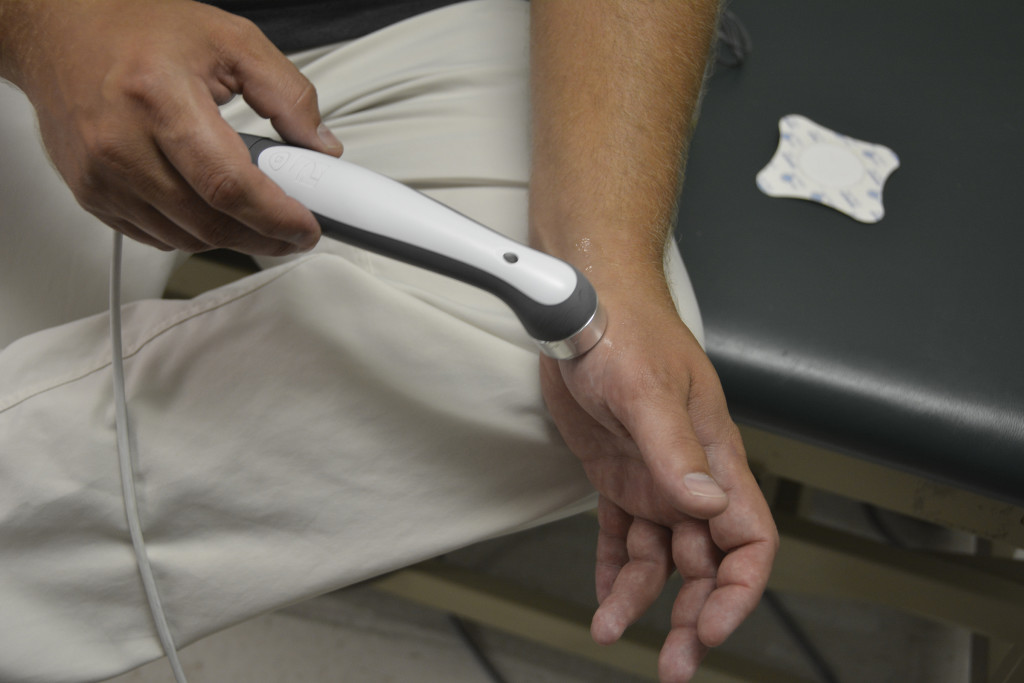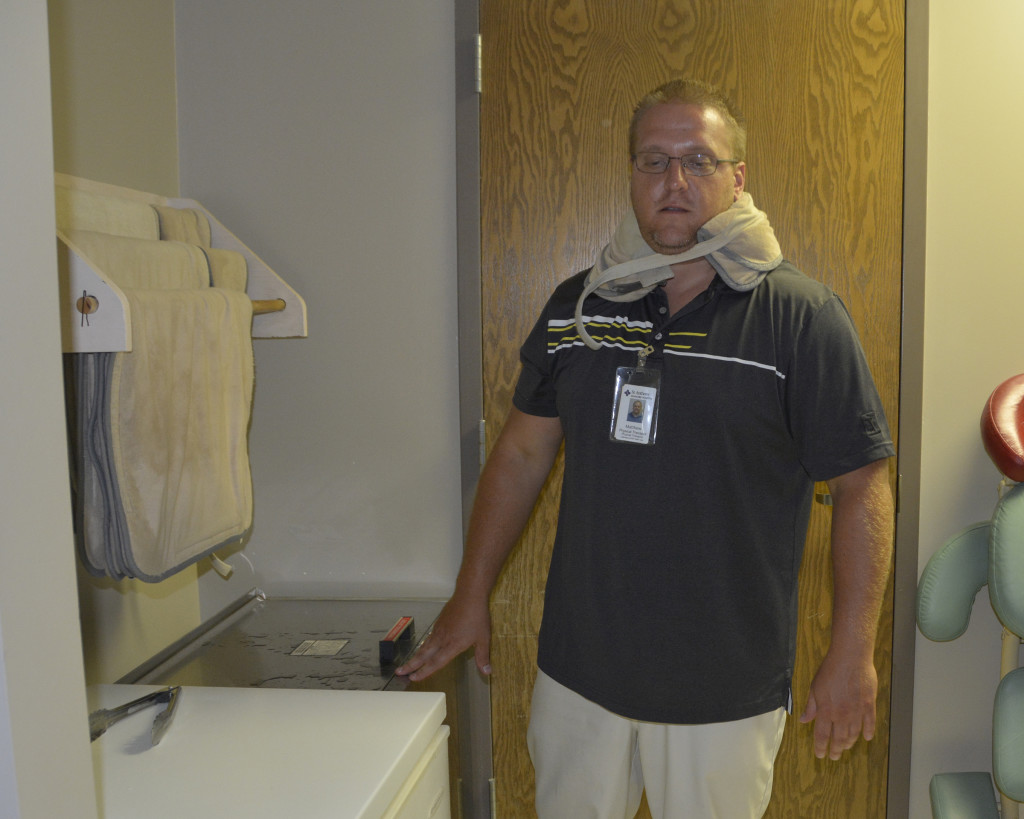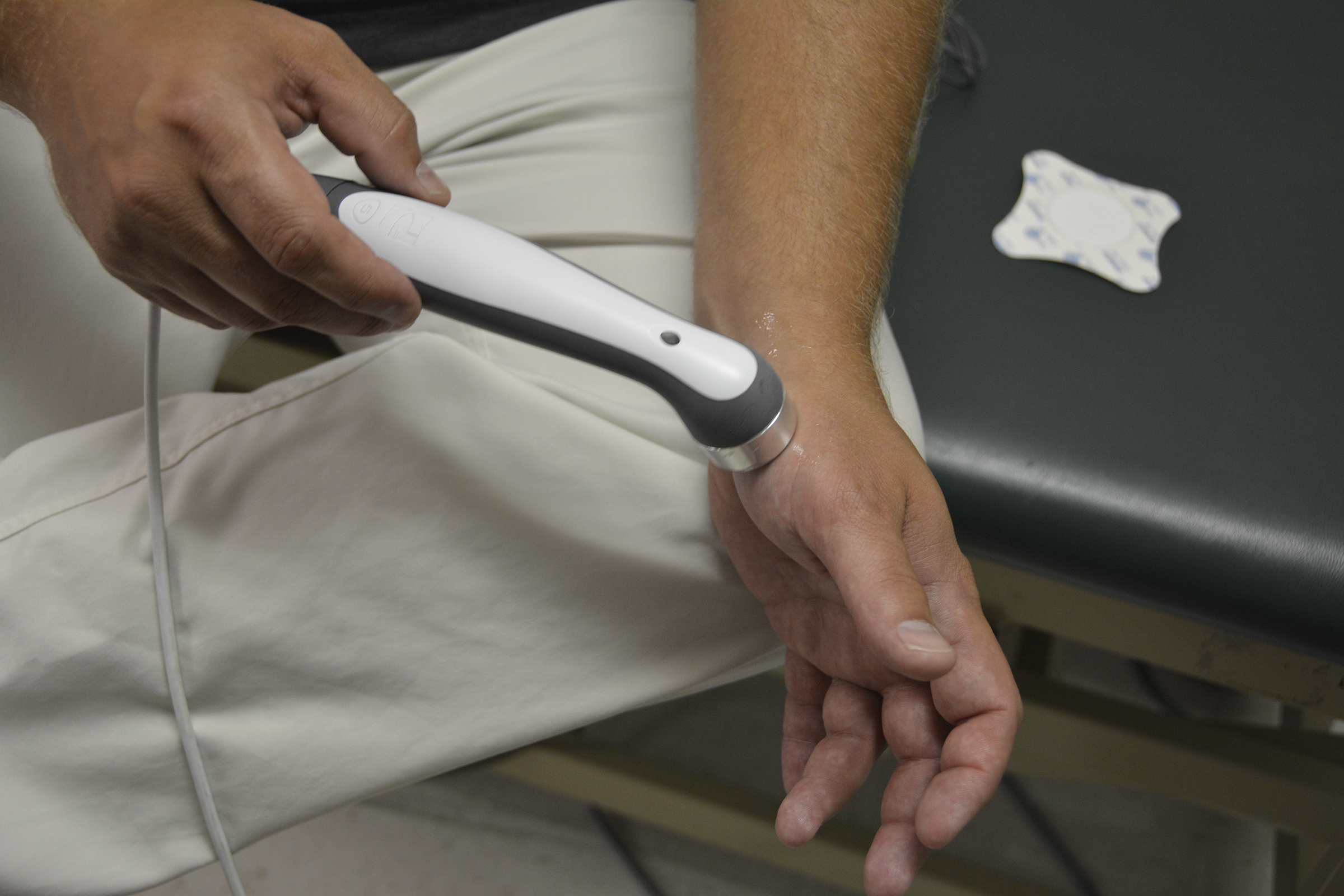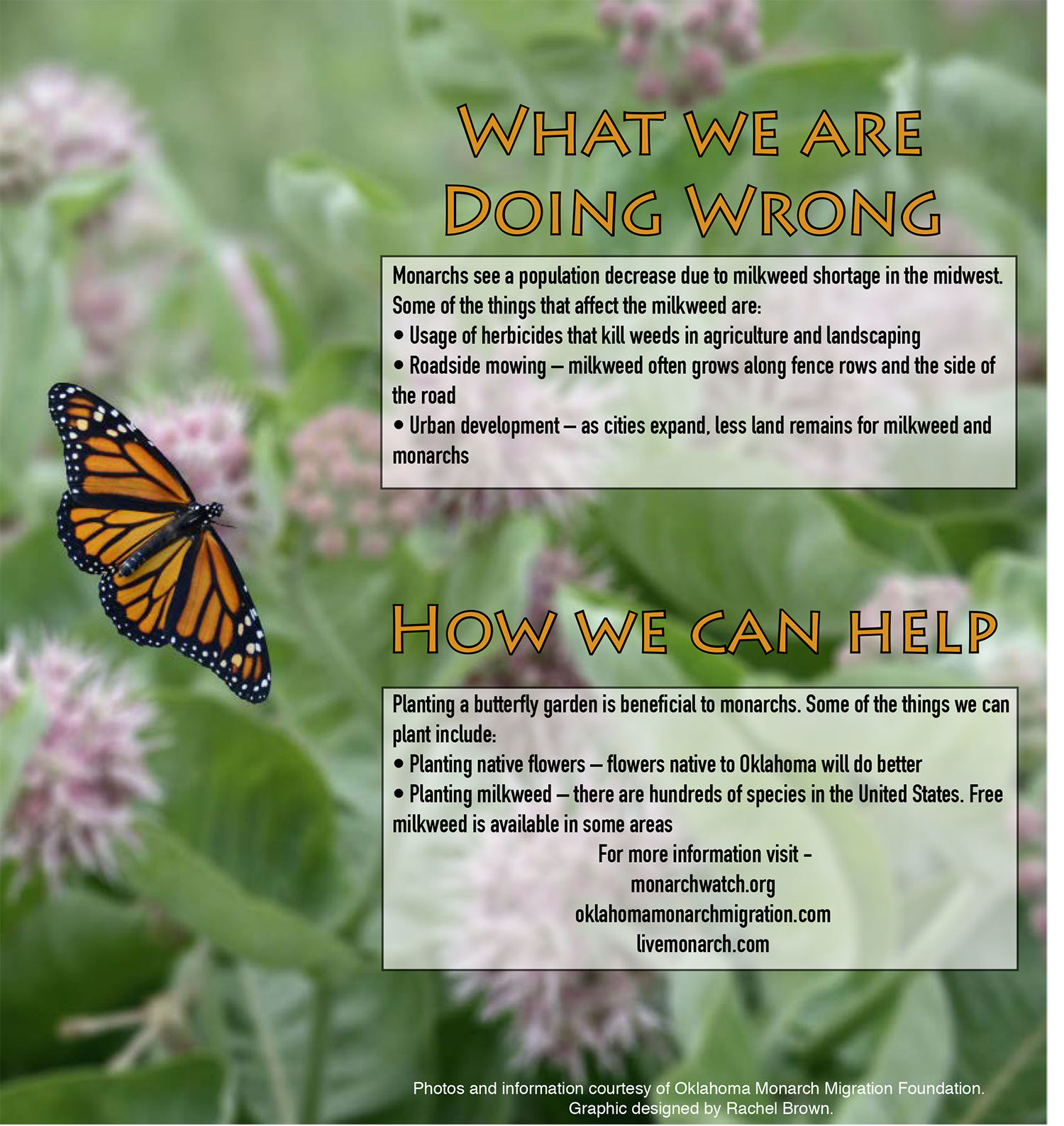Alan Espinosa, 15, is a Del City High School sophomore who plays soccer and clarinet in band. Like many teens, he has a cellphone and considers himself “obsessed” with it.
Espinosa said he checks his iPhone constantly, up using it for about 10 hours a day. He said the extended use has led to “headaches and a tingling sensation in my hand while I’m on it for long period of time.”
He is not alone; in fact, there’s even a name for his affliction.

Among physical therapists, “there is a new term: ‘game-keeper’s thumb’,” said Matt Miller, a physical therapist at St. Anthony Physicians Shawnee.
“I definitely see an increase of kids here with injuries assumingly caused by cellphone use,” he said.
“There’s not absolute direct cause and effect, but there’s probably high correlations,” Miller said.
Though, he cannot definitely say excessive phone use is a primary cause of injury, he said that when patients come in complain of arm pain, he asks what they have been doing recently and often gets similar answers. They reply with something along the lines of, “Oh, I have a desk job — and I was on the phone for three hours last night with Mom.”
When the body is exposed to unnatural positions over long periods, it can cause injuries, Miller said. These injuries include “postural stuff with the neck, the compression of the discs in the neck and the vertebrae, and (pain in the) tendons and nerves associated with the thumbs.”
One common injury Miller sees is acute torticollis, or a twisted neck. This can be caused by someone using their shoulder to hold a phone to their ear, so their hands stay free.
This also can lead to “an increase of neuro-tension, from the nerves of your neck to the arm, often causing a numbness that can go away once you put the phone down,” Miller said. However, he warned that “continuous straining can lead to irritation and injury further down the line that would have to be dealt with medically.”
Texting and using apps can lead to other kinds of repetitive stress injury (RSI), such as Quervain Syndrome, which hurts the tendons on the thumbs and wrist or carpal tunnel syndrome, which causes numbness and tingling in the hand and arm.
Kerrian Baker, 17, said that after constantly using her phone to read books, she noticed an effect from the phone’s bright screen.
“I had to get my glasses prescription strengthened,” she said. Her optometrist recommended that she not wear glasses while reading on a smartphone.
Andrew Johnson, 16, who has owned a phone since he was 8, said he also had to have his glasses prescription strengthened.

He added that, “I have to blink a few times” after looking up from his phone.
A study reported in “Digital Trends” that the high-energy visible (HEV) light from smartphones may cause eyestrain, but it has not been fully linked to permanent damage.
According to the study, because the screens emit HEV light, also called blue light, staring at them for too long may cause permanent harm to the eyes.
“HEV light is that portion of the visible light spectrum that comprises light with the shortest wavelengths, which carry the greatest potential to damage living tissue,” the authors stated.
Additionally, as the cellphone has become a common device for teens it can also lead to a dangerous addiction. And while some teens know they may risk an addiction, most are unaware of the health risks involved.
According to a study by the Pew Research Center, “smartphone adoption among teens has increased substantially and mobile access to the Internet is pervasive. One in four teens are ‘cell-mostly’ Internet users, who say they mostly go online using their phone.”
“We’re constantly getting current news on social media,” Baker said.
And the many social connections of high school only add to this pressure.
“People are afraid that they will miss something,” said 16-year-old Natalya Macias, who got her cellphone in sixth grade and now believes she has an obsession with it.
“I often get this feeling that I got a text or a notification, but then I check it, and nothing was on my phone,” Espinosa said. He added that he often spends his summer nights on the cellphone until 5 a.m., watching Netflix or using apps.
“I get nervous when I don’t have my phone with me,” said Diamond Ragland, 18. “I get disconnected from all my friends and family.”
“I used to go outside and be proactive until I got my phone in seventh grade,” said Baker, who uses her cellphone to “connect with friends and plan things to hangout.”
Regardless of their reasons for using phones, “people should know if they are being obsessive or not,” said Miller. “Physical damages are preventable. Over an hour in the same position with a phone, not moving the muscles would be obsessive, in my opinion.”






